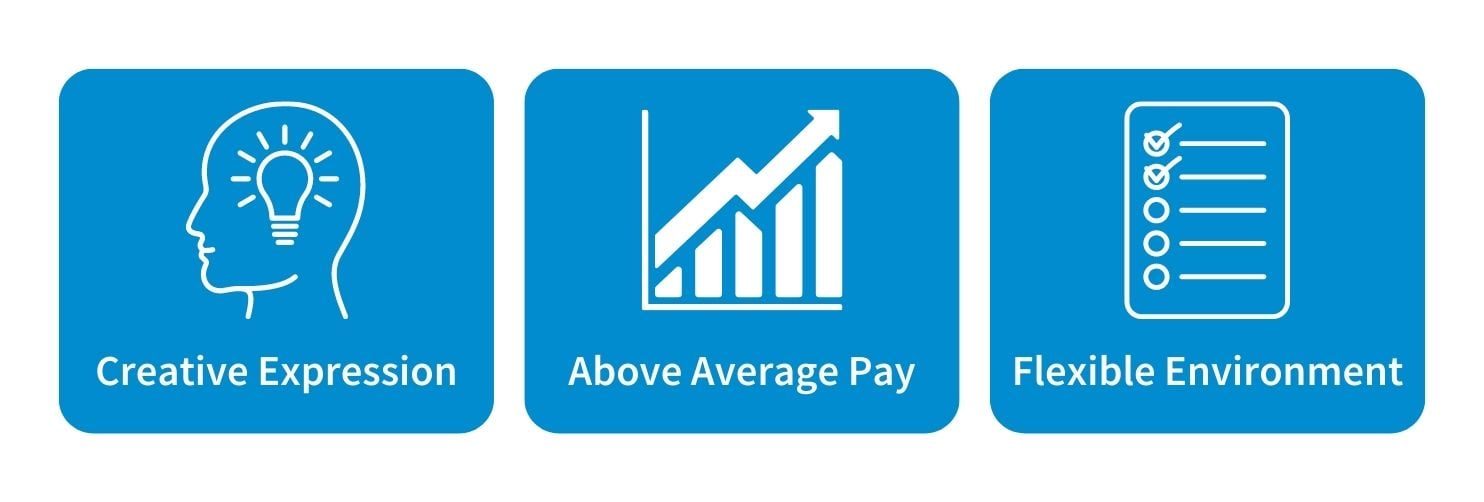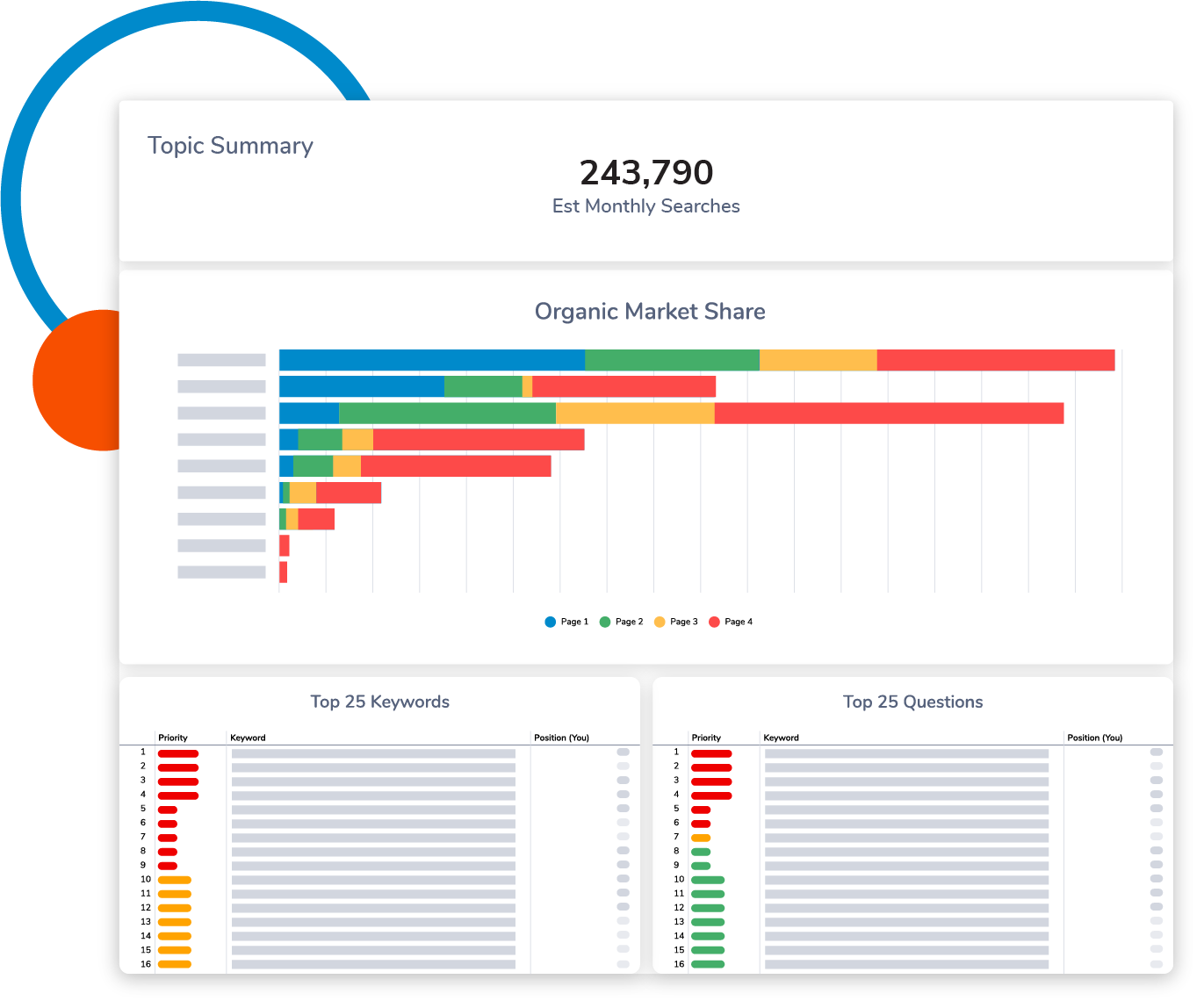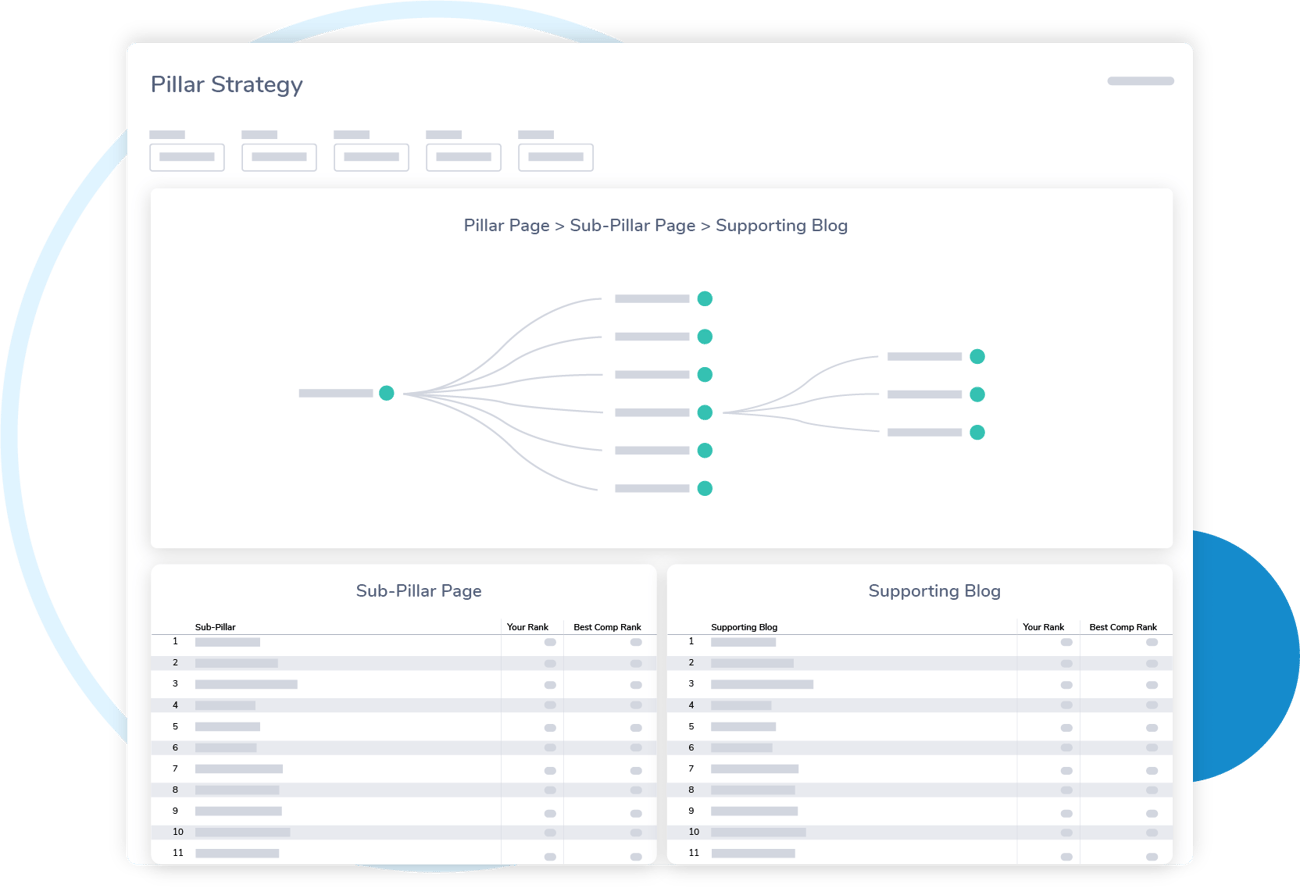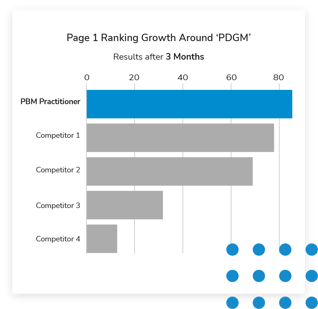Writing SaaS content can be a challenging and rewarding career. But as with any field, you likely have a mountain of questions before you start sending out your resume, like:
- What is writing content for Software as a Service (SaaS) companies like?
- What types of jobs are available for SaaS content writers?
- How much money can I make as a SaaS content writer?
- What qualifications do I need to apply for content writing jobs?
- What SaaS content writing course should I take to make my resume stand out?
In this article, we answer these questions and more.
What Does a SaaS Copywriter Do?
A B2B SaaS content writer has mostly the same job as a copywriter in any industry. As a writer, you typically create pieces of content like blogs, webpages, ads, and social media posts to help achieve business goals like increased brand awareness or higher conversion rates. While the SaaS copywriter shares many of these tactics and goals with writers in other industries, they also have unique challenges to overcome. Marketers in the SaaS industry need to be able to:
- Communicate the value of an intangible product. You can’t demonstrate how effective software is the same way you could give out free samples of tasty fudge to draw in business. Learning new software takes time, and so does seeing the benefits it can provide. Because of this, SaaS companies often encourage leads to sign up for a free trial.
- Prove ongoing value to support subscription-based business models. Most SaaS customers pay on a monthly or annual basis, which means they can also stop paying just as often. Because customers have frequent chances to jump ship, marketers need to illustrate the value their SaaS offering has provided. This can take the form of analytics reports, which need clear, concise copy to quickly communicate results.
- Convert leads into customers and persuade existing customers to upgrade their subscriptions. The SaaS sales cycle doesn’t end once a customer signs up for a paid trial. Many SaaS companies also offer premium subscriptions with more advanced features, and it’s the job of SaaS marketers to guide existing customers to higher-value plans. To do this, it’s important to create and distribute educational content that shows what’s available at higher tiers, how customers can master those features, and what benefits those features can produce.
Copywriters have the task of delivering these messages to encourage leads to take specific calls to action, and they do so by writing copy for the following pieces of content and more:
- Email campaigns
- Social media posts
- Digital ads
- Blogs
- Ebooks
- Whitepapers
- Video and podcast scripts
SaaS Content Writer Description
While SaaS content writer job descriptions can vary from company to company, they typically involve writing content that is compelling, meets brand guidelines, and contributes to customer conversion, onboarding, and engagement. Depending on the specific position, content writers may also have shared responsibility for managing customer relationships, developing marketing strategies, and publishing content.
When browsing content writer job titles on Indeed, common responsibilities include:
- Writing copy that engages and converts potential and existing customers
- Accurately and confidently representing the brand’s voice and tone
- Editing content for grammar, flow, tone, spelling, and style
- Working together with other content writers and subject matter experts
- Using search engine optimization best practices to increase organic traffic and click-through rates
- Pitching ideas for website content, digital ads, and social media posts
If you are searching for a managerial position, then you could apply to be a content manager. These positions may share a lot of responsibilities with content writers along with the addition of needing to:
- Coordinate content creation and distribution
- Oversee the work of staff and contract writers
- Schedule content production
- Observe media trends to inform content marketing strategy
- Hire and train new content team members
Remote writing jobs are still fairly common among job listings. Since content writing is typically a solitary task, with periodic check-ins and workshops throughout the week, these positions are especially well-suited for a remote work model. Responsibilities for remote writing jobs typically don’t differ from in-person positions. However, you will need to coordinate with your employer to determine a schedule and access the necessary equipment and software.
Freelance writer jobs can be a great way to get started in the industry or provide an opportunity for you to be your own boss as your client base grows. One benefit of freelancing is that there’s usually a lower barrier to entry than a full-time position, which gives you more chances to build up your portfolio while you increase your rates or use that experience to apply for a salaried position. Freelancing also gives you control over your schedule and which projects you decide to take on vs those you decline. However, freelancing also comes with the added responsibilities of pitching to potential clients, prioritizing projects, and handling your own finances. You can find freelance writer jobs at sites like Upwork and fiverr.
How Much Money Can You Make as a Content Writer?

How much money you can earn as a content writer depends on the company you work for and where you’re working from. That being said, the average entry level content writer salary in the United States is $43,174, with a typical range between $29,000 and $64,000, according to Glassdoor. States with a higher cost of living tend to have higher average salaries. For example, Glassdoor lists $55,600 as the average entry level salary for content writers in New York. In contrast, ZipRecruiter reports that the average salary for the same position in Iowa is $39,093.
As you advance in your career, you may decide to take on the additional responsibilities of a content manager. Doing so can help you earn an average annual compensation of $93,161 in the United States, according to builtin.
Considering that the average entry level salary in the US is $35,133 per year, and the median US income was $54,132 per year during the second quarter of 2022, content writing can earn you an above-average salary early in your career and as you grow.
The numbers above refer to salaried positions, but what about freelance writing jobs? Can you make a living for yourself, or do you have to join a company? According to salary.com, you can go into business for yourself, since the average yearly earnings for a freelance writer are $55,465. However, it’s important to note that these yearly earnings are based on an hourly rate of $27, which equals about 2,054 paid hours per year or 39.5 paid hours per week. Since freelancing requires hours of unpaid work to submit proposals for projects, market your services, develop your skills, and do admin work, it can take a while to work up to this many weekly paid hours. That being said, this growth period is worth it for many freelancers once they are able to earn a living working on their own terms.
Is There a Demand for Content Writers?
According to the US Bureau of Labor and Statistics, the content writing industry is expected to achieve a growth of 4% from 2021 to 2031, which matches the average growth rate across all occupations. While content writing may not be experiencing one-of-a-kind growth rates, steady demand for writing professionals proves how essential they are for businesses to connect with their audience. Potential customers find businesses through a variety of channels like:
- Social media
- Organic content on search engine results pages (SERPs)
- Digital, print, TV, and radio ads
- Email campaigns
- Magazine articles
Businesses have a steady need for content writers, whether they are using digital or traditional media to reach their audiences. Without content writers, these messages can’t exist, and businesses would have to rely on chance and word of mouth to appeal to customers.
Is Content Writing a Good Career?
As we mentioned above, content writers can earn an above-average salary, both early in their careers and as they advance. Content writing can also provide a path to higher-paying careers, such as content managers. With good pay and opportunities for advancement, content writing checks off some of the most important boxes for an appealing career. However, there are other important factors to consider, like is a job as a content writer stressful?

Is Content Writing a Stressful Job?
Content writing is a deadline-oriented job. You get your assignments, and you are expected to deliver professional work within a certain timeframe. This can be stressful for writers, especially if you work for an organization with tight deadlines. However, just because deadlines exist doesn’t mean that you’ll always have to stress out about missing them. Organizations that set appropriate deadlines and properly allocate bandwidth can help keep writers on-task without adding a substantial amount of stress.
Because writing is often a solitary task, content writing jobs typically come with some freedom over your schedule. In many cases, you can choose what time of day you spend writing. This can alleviate stress, as you are able to work when you feel most creative. However, to benefit from this flexibility, you also need the time management skills to set aside portions of your day to get work done.
Is It Hard To Become a Content Writer?
There are many paths you can take to becoming a professional content writer, which can make it an easier industry to break into than those with rigid requirements. For example, you can apply to content writing positions after earning one of several types of college degrees, building up your experience as a freelancer, or deciding to work for yourself.
How To Become a B2B Copywriter
The two most common paths to becoming a B2B content writer are to either obtain a college degree and apply for salaried positions or start building a portfolio as a freelancer.
- College: Most job postings for copywriters will require a four-year college degree in writing, marketing, communications, or a related field. Even though a degree can give you the knowledge and even connections to apply for a full-time job, it’s also important to have a portfolio of relevant work to present with your application. You can start creating your portfolio with personal projects or by interning as a content writer.
- Freelance: Freelance projects won’t have as strict requirements as salaried positions, so with a few examples of articles or social media posts you can create, you can start getting paid work. After building a steady customer base, you can choose to remain in business for yourself or use that experience to apply for a position at an organization.
Of course, you can also combine both paths. Having a relevant degree and a substantial amount of experience will set you apart from other candidates.
Set Yourself Apart with Pillar-Based Marketing
The world of content writing is constantly changing, so it’s important to stay up-to-date on best practices. In the world of SEO content creation, Pillar-Based Marketing (PBM) is currently the most effective way to reach the top of SERPs and deliver engaging, helpful content to your audience. PBM works because of its combination of reader-focused writing and content network structure.
Ready to add PBM to your content marketing skill set? Head over to DemandJump University for courses on PBM strategy and content writing best practices.











